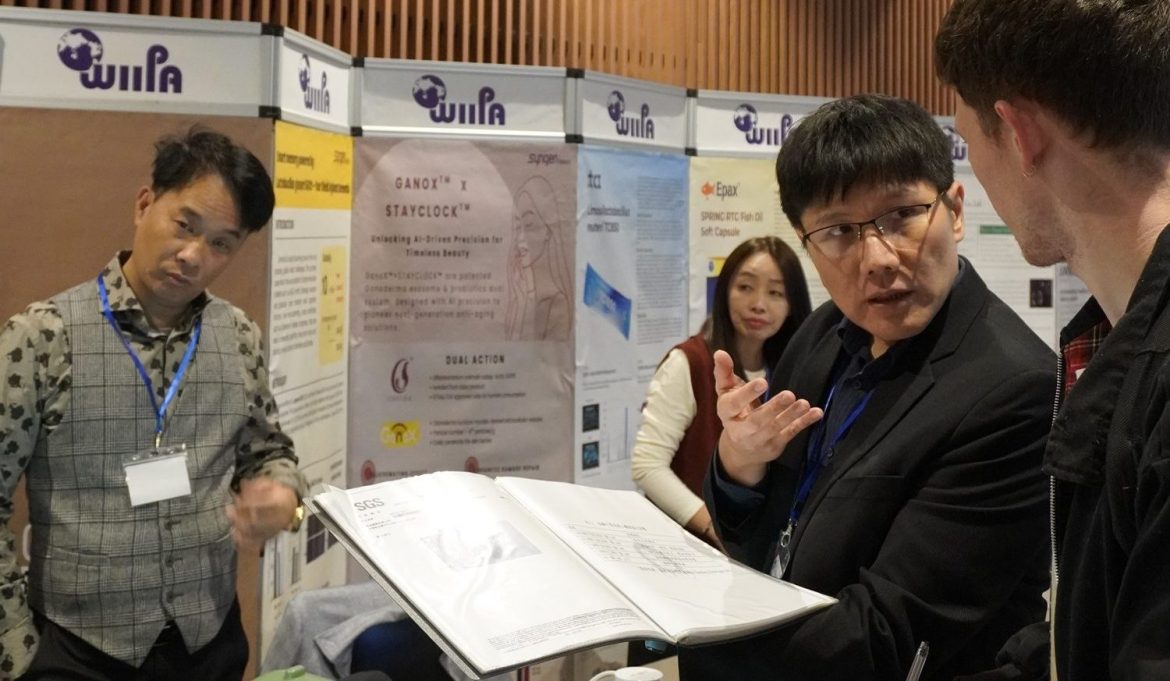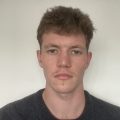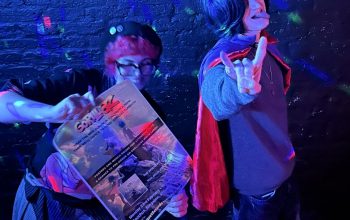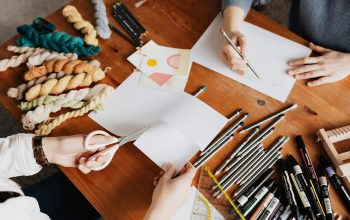The International Invention & Trade Expo at Kingston University’s Townhouse last week has drawn inventors from across the world, eager to showcase their ideas
A Taiwanese inventor, Chang Teng-Ko, claimed his invention could help with symptoms of Parkinson’s Disease. The 56-year-old said he was 28 when he was diagnosed with Parkinson’s Disease.
Teng-Ko claimed his chamber-like invention, the Intelligence Resonance Machine, could help improve the lives of those with the disease, through an improvement in blood circulation. Parkinson’s is a progressive neurological condition which can cause motor symptoms slow movement and stiffness.
The machine, that a person sits in for a short period to gain the benefits of it, was inspired by the Chinese concept of Qigong, the idea that the body can heal and regulate its health and energy systems internally.
Teng-Ko said the machine induced the body into a state of “passive exercise”, simulating the internal events that happen during exercise, such as increased blood-flow, without requiring any external movement.
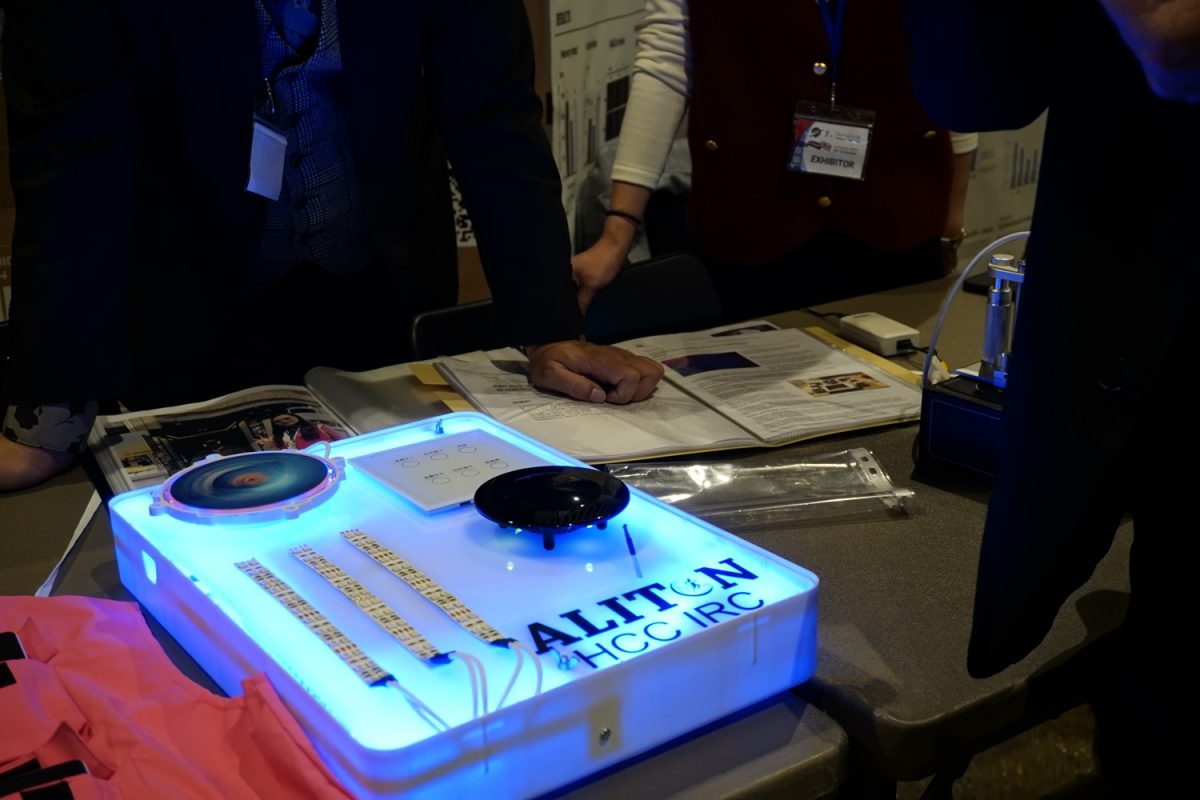
“[It] uses three technologies to improve microcirculation,” said Teng-Ko. The first is a microchip, which runs without a battery, that receives and returns microwaves from the body. The microwaves are amplified with nanolight and negative ion transmitters.
The inventor credited the machine with his health, saying he was doing “pretty well” for someone with such a debilitating condition. He said his movement is not restricted and he can exercise.
There is a lack of scientific consensus on nanolight and negative ion therapy, though a 2018 review found that exposure to negative ion could reduce stress and boost immune system function.
The International Invention & Trade Expo also drew inventors focused on solving climate issues.
A number of twelve-year-old students from Pui Ching Middle School in Macau displayed their invention, a filtration system aimed at collecting microplastics from seas and oceans.
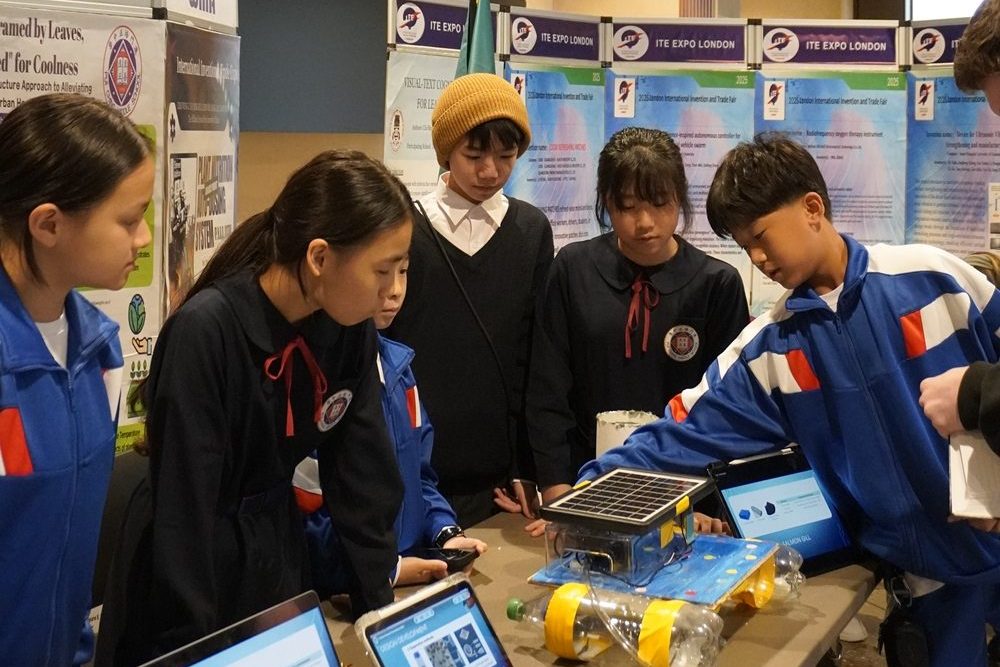
A solar panelled motor powers two filtration systems, consisting of a fine mesh and a coarse sponge made of activated carbon, which are designed to trap plastics and micro-debris. The aim is to protect sea-life and underwater ecosystems.
Sisters Mada and Fatima Al Rasheed, both teenage high school students at Al Kifah Academy in Saudi Arabia, also concentrated their efforts on clean water. They have developed chemical formulas for efficient and eco-friendly water treatment, with signed US patents.
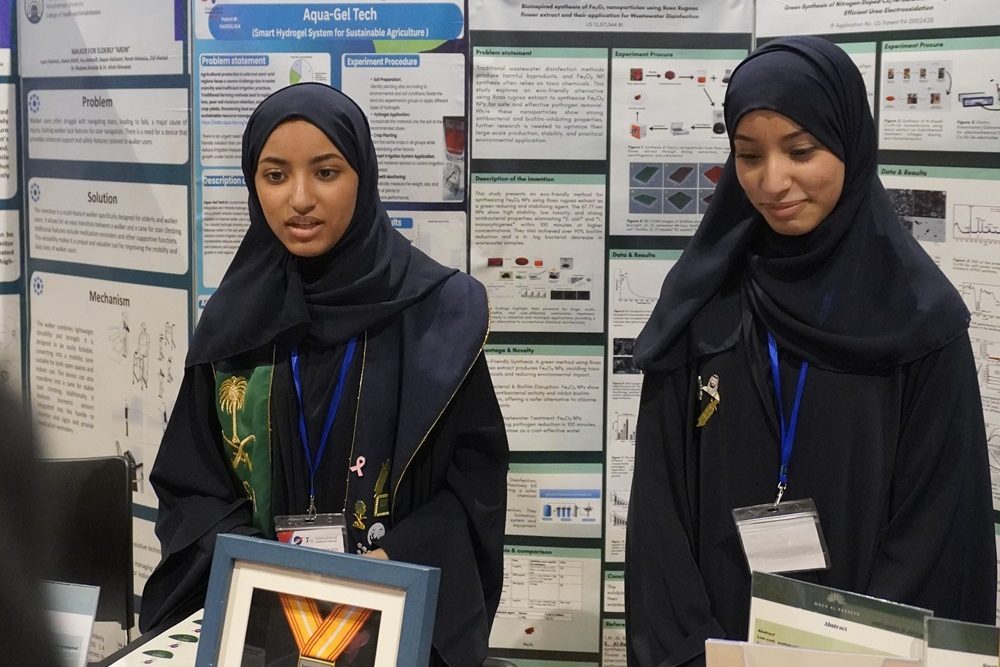
Saudi Arabia has struggled with a limited water supply, with bottled water often costing more than petrol, The country has relied on the expensive and environmentally damaging process of desalinating seawater, so a more efficient water treatment could prove a crucial scientific breakthrough for the region.
Mada’s patent is for the use of a lemon extract based solution to remove urine from water, while Fatimah’s is for the eco-friendly use of the Rosa Rugosa flower (Japanese Rose) extract, to synthesise a chemical which can be used to disinfect wastewater by killing microbes and breaking down pollutants.

